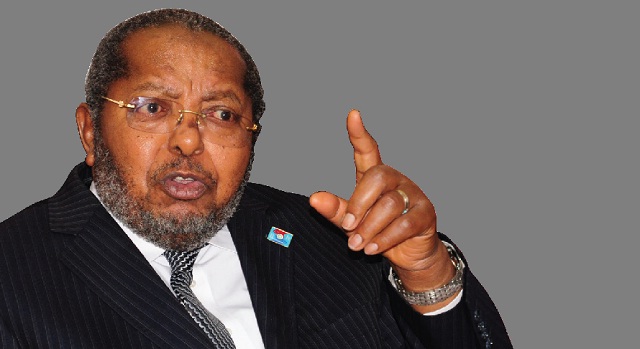
Credit to government
However, Karuhanga gives credit to the government for listening to private sector concerns especially on access to credit and tax rebates amidst the coronavirus pandemic.
On Oct.21, Parliament passed the Value Added Tax Amendment Bill that seeks to support businesses survive the effects of the pandemic.
Under this arrangement, the government is exempting items used by medical workers in the treatment of COVID-19; it is also granting temporary tax relief to hotel owners especially those inside the radius of 50KM from the boundaries of Kampala. The bill is also exempting VAT on persons involved in the manufacture of chemicals used in agriculture, industria and other related sectors.
Beyond this, custodians of Uganda’s economy have deployed mixed approaches to bring the economy back to life, but experts worry that implementation of government projects and transparency related gaps are a threat.
BoU’s mixed feelings
Emmanuel T. Mutebile, the governor of Bank of Uganda expresses mixed feelings on the direction the economy is taking as he maintains an accommodative monetary policy to lure banks to lend more to the private sector.
“The easing of the lockdown, the stability of the exchange rate, as well as a feeble improvement in both foreign and domestic demand are supporting economic growth recovery,” Mutebile said on Oct.22 while releasing the monetary policy statement for October.
However, he was quick to add: “…economic growth is tepid, uneven, and still fragile and projected to contract in the range of 0.2 and 0.5 percent in 2020.”
Mutebile says barring a renewed worsening of the course of the COVID-19 pandemic, GDP growth momentum in 12 to 24 months ahead is likely to be modest against sluggish external demand, subdued consumer expenditure, the weak performance of the service sector, commercial banks’ cautious lending, and uncertain economic outlook.
Indeed, economic growth in FY2020/21 is projected at 2.0-3.0% (lower than earlier projections of 5.7- 6%) and is expected to increase to 5.0-6.0% in FY2021/22 and to 6- 7% in the outer years.
Mutebile says economic outlook is extremely uncertain, largely because of the unpredictable course of the virus and the wide range of shocks hitting the economy.
He adds that the downside risks to the economic growth projection include the possibility of an increase in new COVID-19 infections and a longer period to get the virus under control.
Moreover, Uganda remains highly vulnerable to periodic spouts of global financial volatility, stemming from continued global economic weakness and geopolitical tensions, and increasing protectionism.
The country’s exports continue to struggle as compared to imports. The BoU monetary policy report for October indicates that exports (excluding gold) declined to $2,610.7m from $2,848.9m due to COVID-19 related disruptions on economic activity, with informal cross border trade exports hit hardest following the closure of borders in March 2020.
In addition, Mutebile warns, the flow of private sector credit could remain subdued due to commercial banks facing increasing non-performing loans, high lending interest rates in the face of weak economic activity, and increase in domestic financing of the fiscal deficit.
The average (year on year) PSC growth was 7.5% in the quarter to August 2020, down from 10% in the quarter to May 2020.
 The Independent Uganda: You get the Truth we Pay the Price
The Independent Uganda: You get the Truth we Pay the Price


